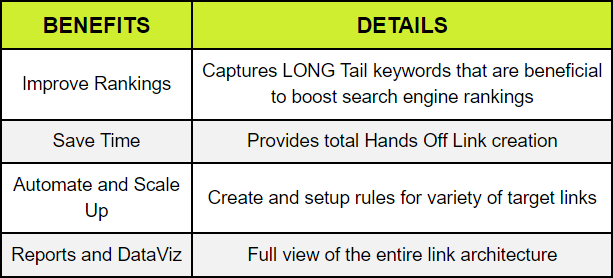In the rapidly evolving digital landscape, the success of your online presence hinges on effective SEO strategies. Many turn to website builders like Wix for their user-friendly approach to creating visually appealing sites without the need for extensive technical knowledge. However, it’s crucial to recognize that Wix, while user-friendly, may pose challenges when it comes to search engine optimization (SEO).
Why Wix is Not Good for SEO?
1. Customization Limitations:
Wix’s drag-and-drop interface simplifies the website-building process, but it comes at the cost of customization. Search engines reward unique, well-structured content, and Wix’s templates might limit your ability to stand out in a crowded online space.
This limitation is particularly evident when you’re aiming for a distinctive brand identity. The pre-designed templates may not offer the flexibility needed to create a website that aligns precisely with your brand’s unique personality and values.
2. Page Loading Speed:
Page speed is a critical factor in SEO rankings. Unfortunately, Wix’s visually appealing designs can sometimes lead to slower loading times. This could result in a higher bounce rate, adversely affecting your site’s SEO performance.
Wix’s templates, while visually stunning, may include elements that contribute to longer loading times. Whether it’s high-resolution images, complex animations, or intricate design features, these can impact the overall user experience and, consequently, your site’s SEO ranking.
3. Mobile Responsiveness:
Mobile-friendliness is non-negotiable in contemporary SEO. Wix’s designs may not consistently offer optimal responsiveness across various devices, potentially causing a decline in search engine rankings.
The importance of mobile responsiveness cannot be overstated. With an increasing number of users accessing websites from mobile devices, search engines prioritize mobile-friendly sites. If your Wix website isn’t optimized for various screen sizes, it might not provide the seamless experience that search engines favor.
The Impact on Online Visibility
This table outlines how Wix affects key SEO elements:
| SEO Element | Wix’s Impact |
| Customization | Limited, affecting uniqueness |
| Page Loading Speed | Slower due to visually heavy designs |
| Mobile Responsiveness | Potential shortcomings on various devices |
Alternatives and Solutions for 2024
1. WordPress: Flexibility and Control
Consider WordPress as a robust alternative. Its extensive plugin ecosystem and customization options provide the control necessary to optimize your site for search engines, ensuring both functionality and SEO-friendliness.
WordPress stands out for its open-source nature, allowing developers to delve deep into the code to tailor the website precisely to their needs. This flexibility ensures that you’re not restricted by predefined templates, enabling you to create a website that caters to both your brand aesthetics and SEO requirements.
2. Squarespace: A Balance of Form and Function
Squarespace strikes a balance between visually appealing designs and SEO-friendly features. Its user-friendly interface, combined with essential SEO tools, makes it a compelling choice for those seeking an alternative to Wix.
Squarespace offers a range of professionally designed templates that maintain a balance between aesthetics and functionality. The platform prioritizes a clean and modern design approach, ensuring your website not only looks good but is also optimized for search engine crawlers.
Conclusion
In the realm of website builders, understanding the SEO implications is paramount. While Wix provides ease of use, its limitations can impact your site’s search engine performance. Exploring alternatives such as WordPress and Squarespace, coupled with staying updated on trending searches and keywords, ensures informed decision-making for your online presence in 2024.

